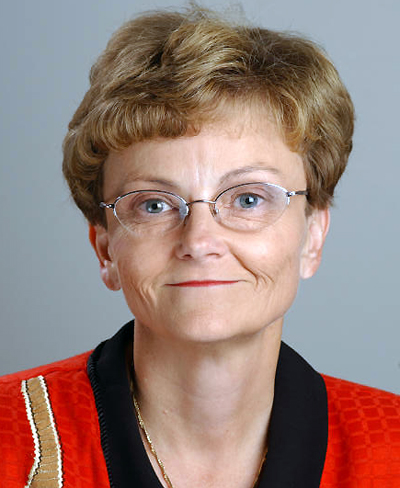Baylor Dean To Speak At Global Conference At Oxford

Judy Wright Lott
Nursing Shortage Takes Center Stage
Dr. Judy Lott, dean of Baylor University's Louise Herrington School of Nursing, will address the international recruitment of nurses and the decisions that surround it when she presents an invited paper at the Oxford Roundtable, an annual conference that brings together a panel of global experts to act like a "think-tank" on a wide range of issues. This year's roundtable, which will be held Aug. 6 - 11 at the University of Oxford in England, will focus on women's leadership internationally.
"I am truly honored I was nominated to speak and participate in the roundtable," Lott said. "These are the people that make recommendations to the policy-setters, so this is an important opportunity."
In her paper, "Mind the Gap," Lott will give a basic overview of the severe shortage of nurses and the problems it is creating on a global scale. Lott said the shortage is causing developed nations, like the United States, to recruit nurses from lesser-developed countries. Many nurses leave those countries for higher wages and an improved quality of life. Lott said she will explore whether it is ethical for developed nations to practice international recruitment or whether nurses, who mostly are women, have the right to leave their birth countries and work for higher wages.
"Leaders in many lesser-developed countries believe nurses, or women, do not have a right to choose to leave for a better way of life," Lott said. "This issue has generated much ethical debate among health care institutions, agencies devoted to improving the situations of people in lesser-developed countries, and other stakeholders."
Lott said she will argue nurses do have a right to leave for higher wages and improved quality of life, but she also will point out those developed countries who internationally recruit have an obligation to give financial assistance, or other resources, to promote nursing as a career in lesser-developed countries. Collaborative efforts between academic institutions and health care institutions in both countries can help achieve this goal.
"What I recommend is that hospitals and countries that engage in international recruitment make educational investments to increase the pool of available nurses," Lott said. "There is a massive shortage of nurses right now. The problem is very complex and is only getting worse as the population ages, so we need to try to educate as many nurses as possible on a world scale."
In addition to the nursing shortage problem, the experts will hear topics ranging from women in academia to bankruptcy reform.
For more information, contact Judy Lott at (214) 820-3361.